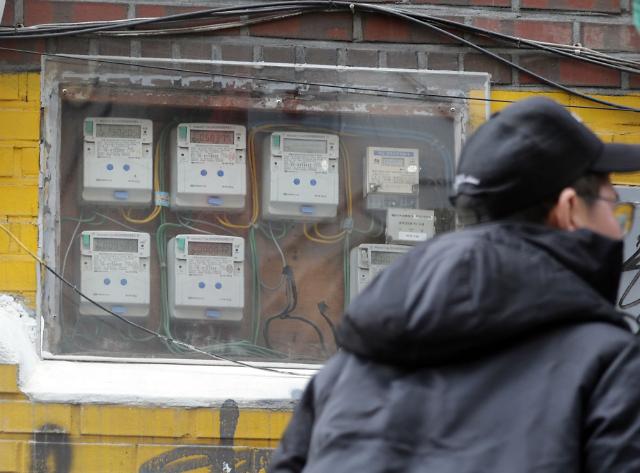
[Yonhap]
SEOUL -- Fuel prices skyrocketed more than 30 percent in January, driven by high global energy prices, according to the Korea Statistical Information Service (KOSIS).
The state data portal said February 5 that the fuel price index surged 31.7 percent year-on-year to 135.75 last month, hitting the highest level since it soared 38.2 percent in April 1998 in the aftermath of the 1997 Asian financial crisis.
Electricity charges jumped 29.5 percent, the highest since they climbed 36.6 percent in January 1981. City gas rates also shot up 36.2 percent. Heating bills increased sharply by 34 percent.
An official said that the runaway fuel prices were the direct result of high global energy prices which have drastically raised the production costs of electricity, city gas and heating oil.
The government increased electricity charges three times -- in April, July and December last year. It made another hike in January this year. City gas rates were raised four times -- in April, May, July and October last year.
The fuel price hikes were far higher than the overall consumer price index which jumped 5.2 percent in January from a year earlier.
Inflationary pressure is expected to grow further as the authorities are scheduled to raise utility charges and other public service rates further in coming months.
Last week, the Yoon Suk-yeol administration revealed a set of measures to reduce the burden of heating bills, especially for underprivileged and poor households.
The government plans to provide 592,000 won ($479) in heating bill subsidy for about 400,000 low-income families and 1.7 million underprivileged households.


![[영문] China cuts fuel price, raises tax](https://image.ajunews.com/content/image/2008/12/19/200812190708225460408-2-98086.jpg)
